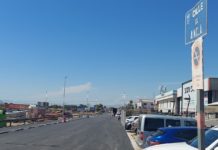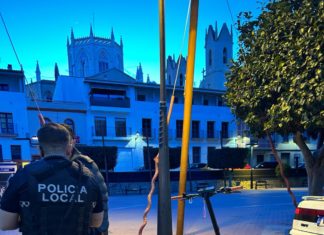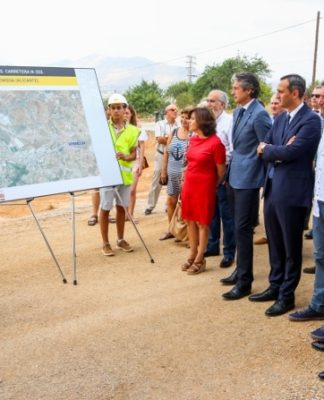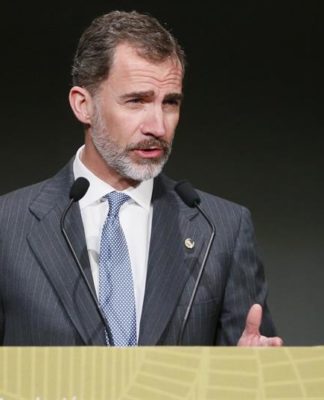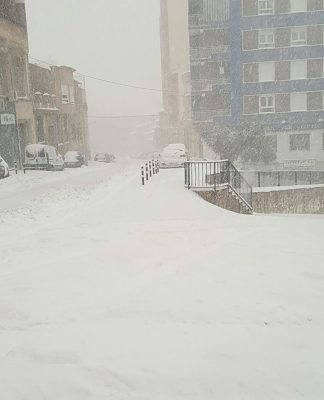Email
October 11
Nowadays, one of the main problems in education is the lack of authority in the family. A mother complained that her son would not obey her, would answer back, and would insult her until she could no longer handle it. When she was asked how old her son was, she responded he was three years old.
What can go wrong in education? In many occasions, those who are at fault and give up are the parents themselves by ignoring their children, thinking that they are not trained, and believing that as parents they know what they are doing.
Reflecting upon a parent’s authority and on children’s liberty is a necessary and irrevocable task.
We can consider education to be a process towards personal development, as well as a process towards the responsibility of free individuals, since liberty and its corresponding responsibility should always be promoted. Moreover, it deals not just with the partial development of the person, but of his or her development as a whole, not in an abstract and empty manner, but in essential aspects such as liberty, love, ad faith.
Authority is not just power, but most of all a service. It is a service for the development of liberty in human beings that become more and more autonomous and responsible with their own projects of reaching their fullest potential possible and overcoming personal and environmental limitations.
Furthermore, the development of personal liberty is a process that could be accelerated by education. By educating liberty, one can foster more autonomy and responsibility in who is being educated.
Is there any contradiction between authority and liberty? No, on the contrary, they mutually need each other. According to A. Muñoz Alonso, authority not only does not oppose liberty, but it assumes it. A contradiction between the two concepts would imply a false idea of authority implicitly understood as power, or a false idea of liberty understood as founding radical indetermination.
Among the things or goods that authority itself must enhance, in the name of its own etymology, is freedom, its exercise and its actual possibilities. (Muñoz Alonso, A., “Autoridad” in the Gran Enciclopedia Rialp, part III, Edic Rialp, Madrid, 1971, p. 70). (Translated by Gianna A. Sanchez Moretti).
Arturo Ramo














